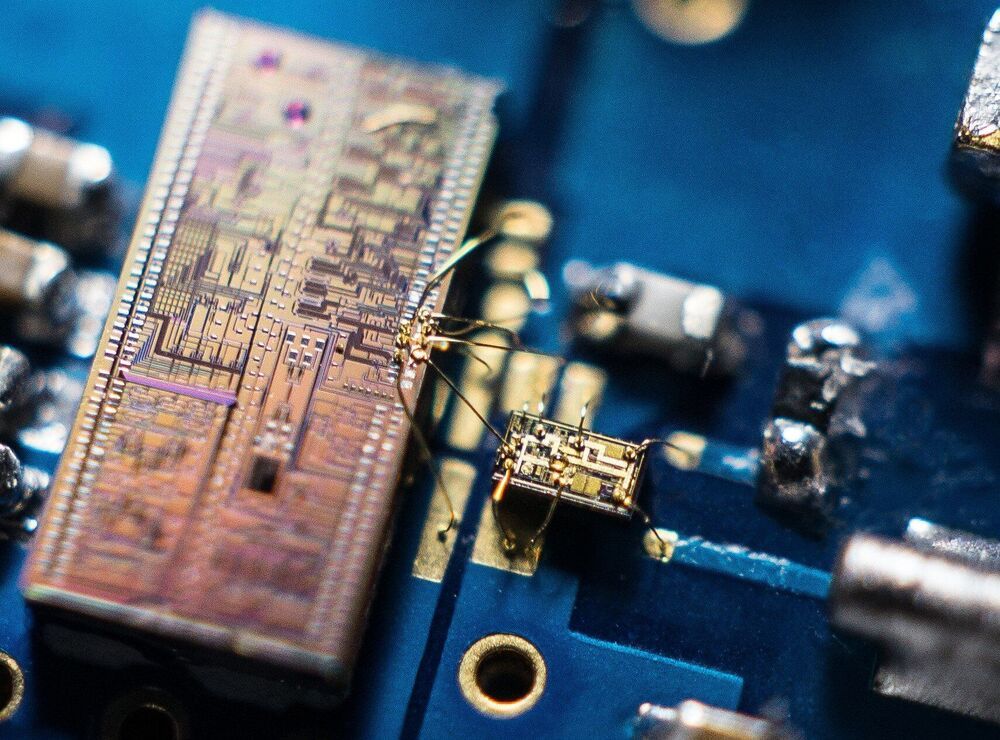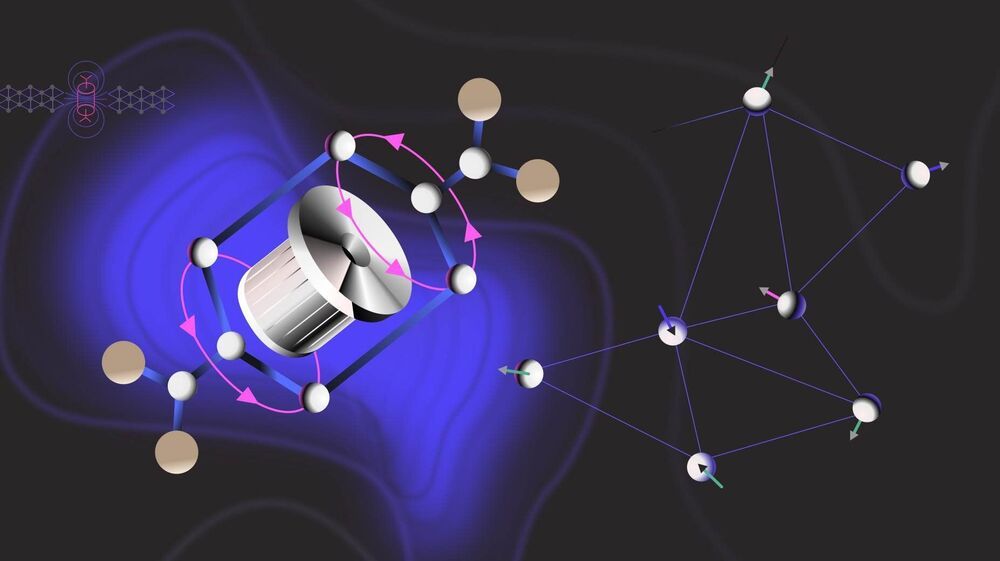Three-dimensional (3D) nanostructured materials—those with complex shapes at a size scale of billionths of a meter—that can conduct electricity without resistance could be used in a range of quantum devices. For example, such 3D superconducting nanostructures could find application in signal amplifiers to enhance the speed and accuracy of quantum computers and ultrasensitive magnetic field sensors for medical imaging and subsurface geology mapping. However, traditional fabrication tools such as lithography have been limited to 1-D and 2-D nanostructures like superconducting wires and thin films.
Now, scientists from the U.S. Department of Energy’s (DOE) Brookhaven National Laboratory, Columbia University, and Bar-Ilan University in Israel have developed a platform for making 3D superconducting nano-architectures with a prescribed organization. As reported in the Nov. 10 issue of Nature Communications, this platform is based on the self-assembly of DNA into desired 3D shapes at the nanoscale. In DNA self-assembly, a single long strand of DNA is folded by shorter complementary “staple” strands at specific locations—similar to origami, the Japanese art of paper folding.
“Because of its structural programmability, DNA can provide an assembly platform for building designed nanostructures,” said co-corresponding author Oleg Gang, leader of the Soft and Bio Nanomaterials Group at Brookhaven Lab’s Center for Functional Nanomaterials (CFN) and a professor of chemical engineering and of applied physics and materials science at Columbia Engineering. “However, the fragility of DNA makes it seem unsuitable for functional device fabrication and nanomanufacturing that requires inorganic materials. In this study, we showed how DNA can serve as a scaffold for building 3D nanoscale architectures that can be fully “converted” into inorganic materials like superconductors.”







